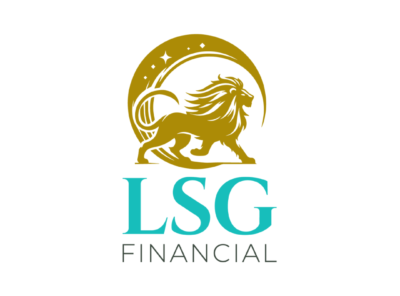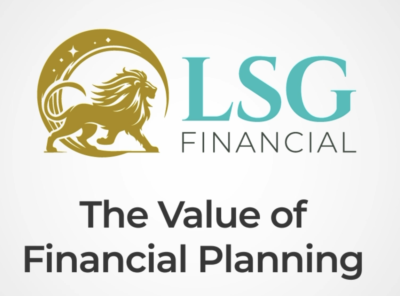Uncertainty in the markets is nothing new. With global events like the ongoing situation in Ukraine and President Trump’s policies. The market has experienced considerable instability, particularly with his trade decisions.
The introduction of tariffs on Chinese imports and on steel and aluminium from various nations including the UK has led to retaliatory tariffs from Canada, Mexico and Europe, affecting global trade and heightening investor uncertainty. Whilst this most of the tariffs will be negotiated through efforts of diplomacy, this disruption has resulted in significant declines in major stock indices like the S&P 500, and fuelled concerns about the potential for stagflation, where economic growth stagnates while inflation rises.
Despite some reassurances from figures like former Treasury Secretary Steven Mnuchin, financial experts generally urge caution in market investments, anticipating further volatility and the risk of a potential recession with all this in mind it’s understandable that investors feel anxious.
But history has shown us that while markets react to short-term events, they have a long-term tendency to recover and grow.
Markets and Major Events: A Historical Perspective
- Over the decades, markets have faced wars, recessions, political upheavals, and financial crises.
- Examples: The 2008 financial crash, Brexit, the COVID-19 pandemic—all led to market volatility, yet markets eventually rebounded.
- The long-term trend of major indices (FTSE 100, S&P 500) shows resilience over time.
The Biggest Risk: Emotional Investing
- Fear and uncertainty can lead to impulsive decisions, such as selling investments at a low point.
- Studies show that investors who try to time the market often miss the best recovery days.
- Staying invested and diversified is often the most effective strategy.
The Importance of Staying Informed and Seeking Advice
- Reacting to headlines without a clear strategy can be costly.
- A well-diversified, risk-appropriate investment plan helps weather market storms.
- Seeking professional advice ensures decisions are made based on logic, not emotion.
Final Thoughts
It’s natural to feel uneasy when the world seems unpredictable. But as history has shown, markets recover, and patience is often rewarded. By studying past economic downturns, market recoveries, and financial crises, as investors you can gain insight into how markets react to major disruptions.
History also shows that while periods of uncertainty may cause short-term volatility, long-term investing strategies often lead to recovery and growth. Learning from past events can help you maintain perspective, avoid panic, and make more informed decisions during turbulent times, ultimately building resilience in the face of market fluctuations.
If you’re concerned about your investments, now is a great time to review your financial plan and ensure it aligns with your long-term goals.
We work with you to create a long-term financial plan that aligns with your goals, providing guidance and support to help you make confident, well-informed decisions—free from the stress of emotional reactions that could impact your financial future
In times of uncertainty, having a clear financial strategy can provide the confidence and peace of mind you need.
If you have concerns about the markets or your investments, let’s have a conversation.
TALK TO US TODAY
To ensure your financial plan is built for the long term









